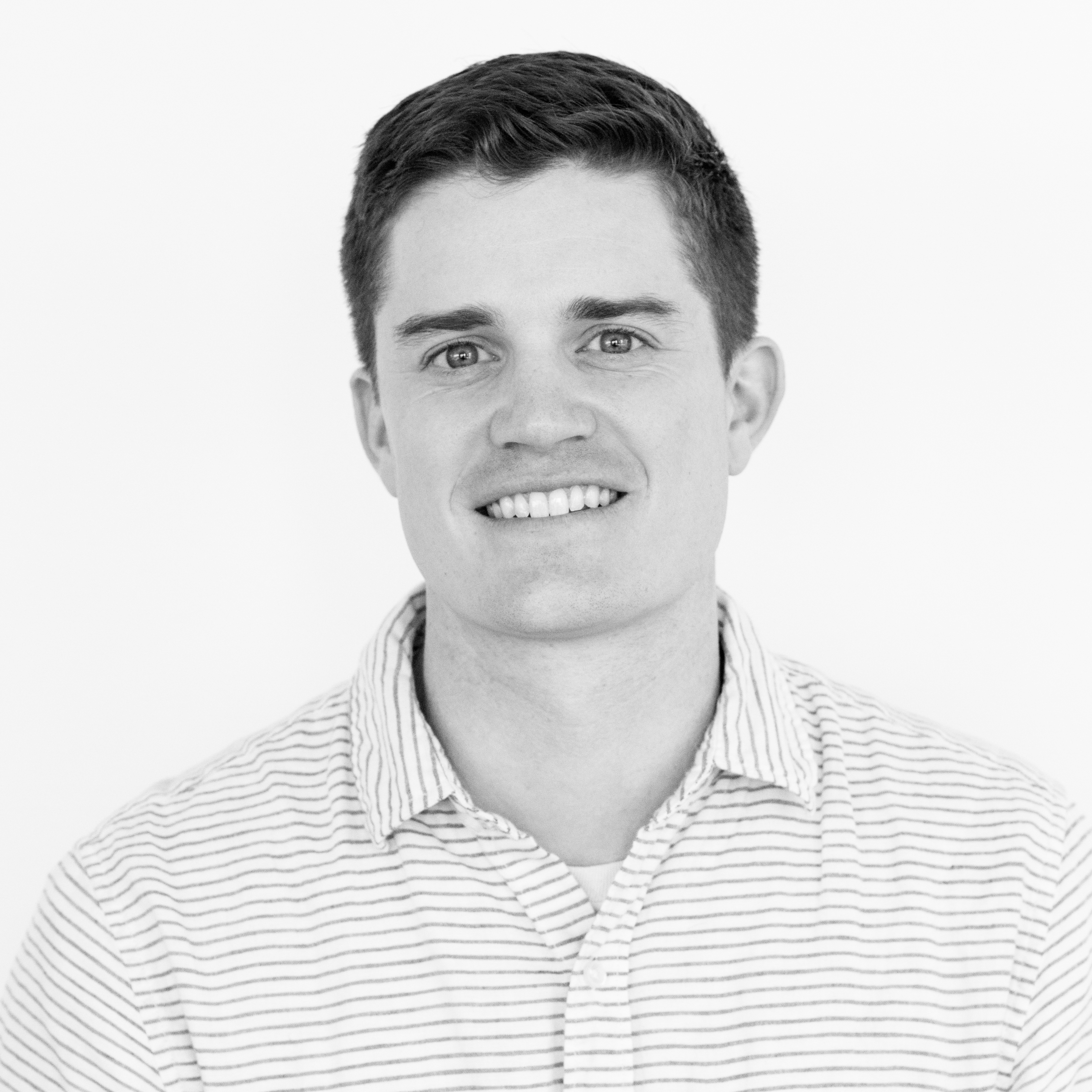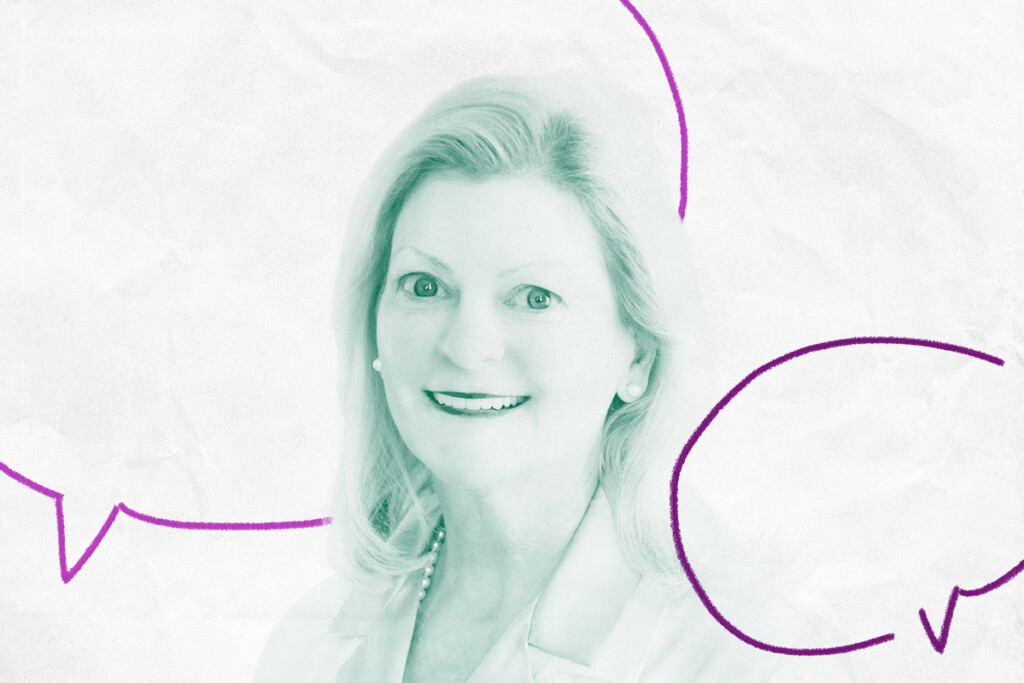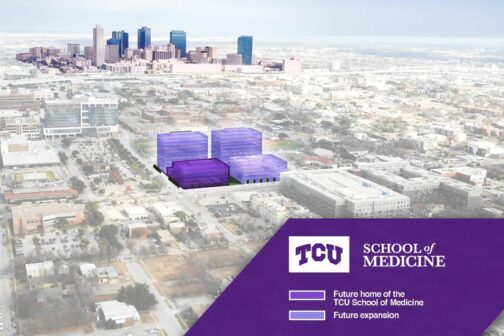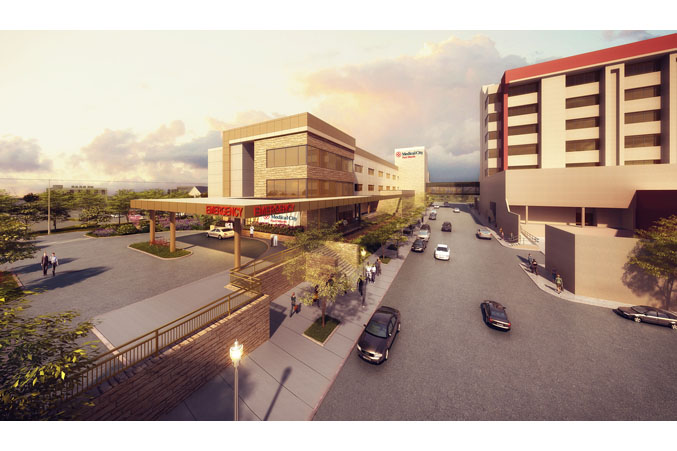Dr. Donna Casey is taking the helm of the Dallas County Medical Society at a crucial time for the organization, helping to lead lobbying efforts during the current legislative session while leading the fundraising efforts for the society’s new headquarters in Uptown.
The DCMS headquarters is moving from Oak Cliff to what will be a renovated 1960s-era artist studio in Uptown. The building will include meeting space and offices for DCMS staff, but it will also have a museum about the history of medicine in Dallas that will be open to visitors, field trips, and children from all around Dallas.
The museum space will include physician-led STEM programs for children and simulation and media displays about medicine to engage the next generation of physicians. DCMS is currently fundraising $1.5 million to renovate the building, develop interactive educational programs, and digitize historical artifacts.
For Casey and the DCMS, the building is about morale as much as business and education. “We’re coming out of this horrible pandemic where at first we were the stars,” she says. “Then people said, ‘We hate doctors’. So we need to support each other, come back together, and rebuild our camaraderie and relationships because people have felt very isolated.”

Read on to learn more about the internal medicine physician’s move into leadership, legislative priorities, and hopes for future changes to medicine. The interview has been edited for clarity and length.
D CEO: Tell me about your training and education.
Casey: “Medical school was fabulous. I loved everything about it. You’re learning all day, and I lived with my parents, who know about medical school. So I would come home, and my dad and I would talk every night about medicine. He would explain things to me, or I would ask if a case was cool. My mom is a special ed teacher, but she ran my dad’s office for a long time, so she knows all about medicine. So just by being there, it was a family thing. Also, my sister was in medical school at the same time.”
D CEO: How did you end up in internal medicine?
Casey: “All my friends said “You need to do a fellowship, but I didn’t want to do that. Internal medicine is everything, which to many people is scary, but I love it. Every room I open each day is different. Every time I open the door, I see a new patient. I have no idea what is behind the door. Also, I do a lot of teaching. I’ve got medical students and also PA (physician assistant) students. They want to be able to prepare for what is in the room, but we go in and take it head on.”
D CEO: How is being part of an accountable care organization unique?
Casey: “We’ve been one of the number one ACOs in the United States for many years for value, savings, or both. The value thing is tricky, but it does make sense. If we go to American Airlines and say we should be your preferred provider, we ensure that everyone gets their mammogram and 90 percent of people get their colonoscopy. We’re integrated with each other, so I know if I’m going to send a patient to a certain cardiologist, they’re not going to do a million tests and then rack up a bill.”
D CEO: How did you get into advocacy?
“I love my practice, but many doctors leave their practice and go into administration. I don’t want to do that. I love my patients, and they are what keeps me going. But I can help more people if I get involved with the legislative process and lobby. A few years ago, I started going to Austin on the first Tuesday of the month during the legislative session and meeting with legislators, and I realized how open they are to meet with doctors. They ask us if legislation is a good idea or a bad idea. I completely fell in love with that whole process because I can advocate for things to help more people and public health issues. I feel I can influence what is happening in medicine, which is crucial. If you’re going to complain, you better be part of the solution. I got involved because I wanted to help affect change.”
D CEO: What do you see as the role of the Dallas County Medical Society?
“The Dallas County Medical Society is very active in helping our physicians emotionally. Let’s say somebody has an addictive problem like someone was drinking alcohol on the job. DCMS will take him under their wing, negotiate with the hospital, and talk about how to keep them sober, for example. But they do all kinds of things to advocate for physicians, like getting PPE during the pandemic. We are trying to do more, like how we prevent burnout and take care of ourselves. DCMS CEO Jon Roth is amazing. He’s way ahead of the curve on looking out with what’s on the horizon.”
D CEO: What are some of your legislative priorities?
“Nurse practitioners want complete autonomy to run a clinic and write prescriptions. I trained PA students, I have PAs in my office, and they’re fabulous, but I oversee everything they do. But they’re going to refer out if they are not sure what they’re doing. They make more referrals, have more radiology scans, and cost a lot more money. Physicians have over 10,000 hours of training, and PAs have 1,000 hours of clinical training. That’s a wide, vast gap, right? There is a bill that would allow them to be independent and run clinics. This is also about money too, right? So we are against them having total autonomy. They are saying that we need this because NPs will go to all the small towns, but in the other states where they’ve done this, the NPs stay in the big cities where all the money is and all the big patient volumes. Are they better than nothing? Yes, but now with telehealth, I can care for somebody in Midland.”
D CEO: What else would you like to see change?
“We would like to improve graduate education funding, so when a doctor goes to a rural community, we are going to forgive their debt. We want to increase physician Medicaid payments, but let’s expand Medicaid first. We would also like to reduce prior authorization hassles and increase regulation of e-cigarettes because vaping is easy and cheap and cool and dangerous.”
Get the D CEO Healthcare Newsletter
Author






